How our German string quartet is working with refugees
mainFrom our weekly diarist, Anthea Kreston of the Berlin-based Artemis Quartet:
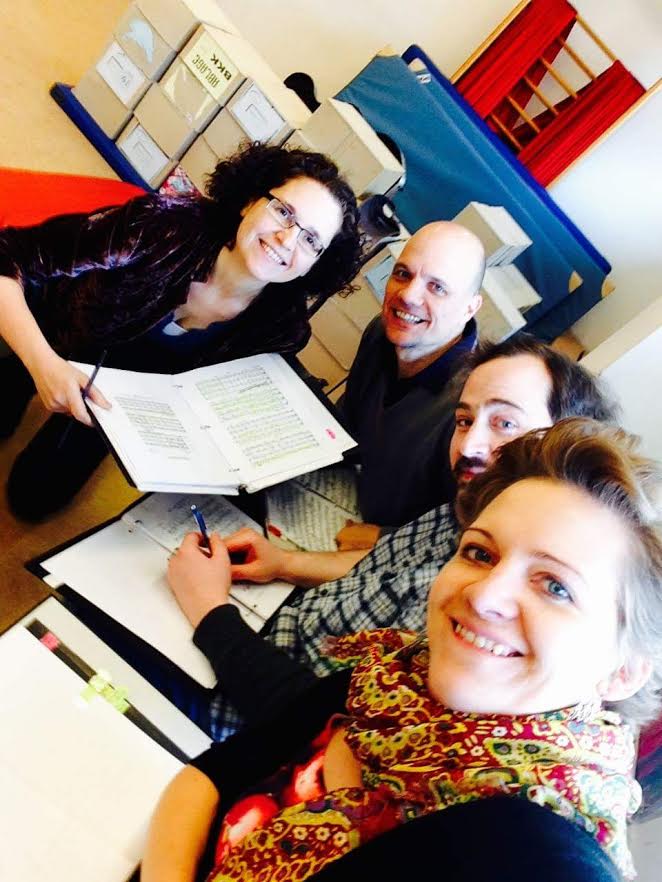
The refugees in Germany play a large role in all of our lives – whether peripherally or immediate. It is a visible part of life, and a topic of conversation – running the gamut of opinions. The Artemis is playing a quartet concert in the fall to benefit a young program which brings music into the Berlin refugee housing villages, which is called Mit Mach Musik. This program, begun just in April of this year, was founded and is run by a wonderful ex-pat American woman, who came here many years ago to immerse herself in the opera world. She did that and more – finding love here and raising a family, being involved with countless educational projects – an all-around engaging and effervescent grandmother.
I have always been involved in community outreach – I enjoy writing grants and getting in deep to discover what doors music can open with people in need. In inner-city Hartford, while a student, I designed and implemented a program which brought music into a home for abused children who were wards of the state. I also piloted a program which brought music to hospice for AIDS patients at the height of the epidemic. So, when I heard of this program, I naturally wanted to go see what it was all about.
I went to coffee with Pamela, and she brought materials and described the program. It has four locations – each with a separate focus. One is vocal, one upper strings, one winds, and one lower strings. One is at the decommissioned inner-city Templehof Airport, now home to 7,000 refugees and the former site of the Berlin Airlifts. Another is in a container village (containers refitted as homes, stacked three high and outfitted with windows and colorfully painted). The program which I was going to observe was the upper strings, in the suburb of Potsdam, where 300 families are living in a decommissioned government building. When you think family – please keep in mind that many families have 6 or more children.
This week was my first visit. I did not know what to expect, really, and was glad that Pamela came to pick me up so she could brief me more thoroughly as we drove. As we arrived, a security gate and call box were at the front of a walled, imposing (but beautiful and well-maintained) compound surrounding a three-story brick building. Pamela stated our purpose, and we were again screened verbally by the guard at the front door.
As we entered, a festive site greeted us – murals painted by children lined the stairwell. The feel of the building was of a mix of secondary school and government office. Corridors with lines of doors to offices – behind each door, a full family was living. One aspect that is unique to this location is an area of communal kitchens on the top floor – in Templehof there is a cafeteria. Everything was spotless – the children all speak German (classes are required), people look healthy and well taken care of. These refugees have escaped terrors to find a country which is dedicated to helping them every step of the way.
I speak to many people here who have “adopted” families. They accompany them to get their papers, help them with their language, housing, anything they need. One family member of an Artemis has an entire family over every night for dinner.
The music class meets twice every week, in a medium-sized room designated for extracurricular activities. When I arrived, the donated instrument were just being unpacked and I helped tune. There were about 25 children, from age 6-18, in the class. And, a lot of drop-ins (parents, one toddler who wobbled in every time the door became ajar). Violin, viola, cello and guitar were available. The teachers are a mix of volunteers and very lightly compensated musicians. What this program needs most of all is funding – it is run on a shoe-string, by big-hearted people, but it needs materials, trained teachers, and the ability for some students to have one-on-one lessons.
The lesson was as structured as it could possibly have been – but anyone who has experience with teaching will know that teaching such a wide range of instruments and ages simultaneously is a daunting (if not completely impossible) task. At least initially, smaller instrument-specific and age-specific groups must be offered – large group activities can also happen, but without individual care, the program will struggle. I stepped in at one point and lead the group in simple, fun exercises – we laughed and practiced “solo” concerts of a bow, to enthusiastic applause.
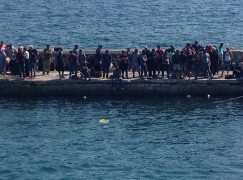
As I left that day, I was overwhelmed by both the beauty of the mission and the futility. I was unable to sleep that night – I sent emails to Pamela at 2,4, and 6 AM. I was in turn depressed and invigorated with ideas. The day after I went, I was speaking to a friend from Corvallis who brought me back up to my optimistic self. She said – “Anthea – any moment you and others can give to this community is so important – don’t worry about the problems, just go and do whatever you can”. I will go back again next week, with a stack of materials I have prepared, and a sheet of my favorite stickers.
Please take a look at the website – http://www.mit-mach-musik.de – they are desperately low on funding – and help if you can. I would love to see lessons offered and materials available to these bright, lovely children who have been through so much, and who are only at the beginning of this challenging transition.


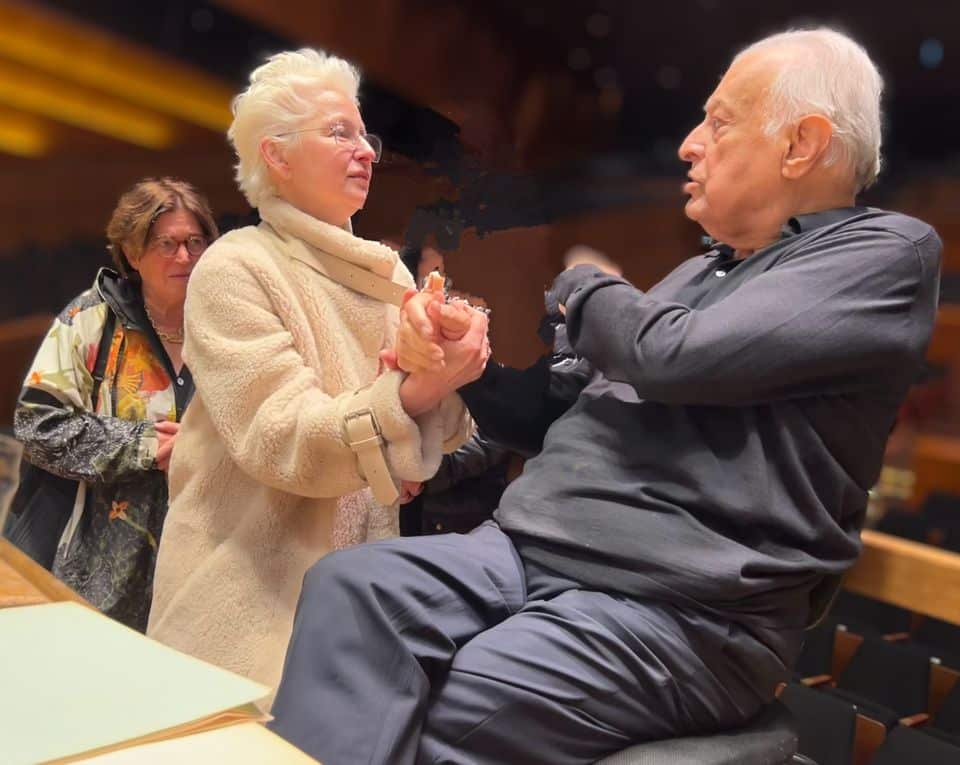
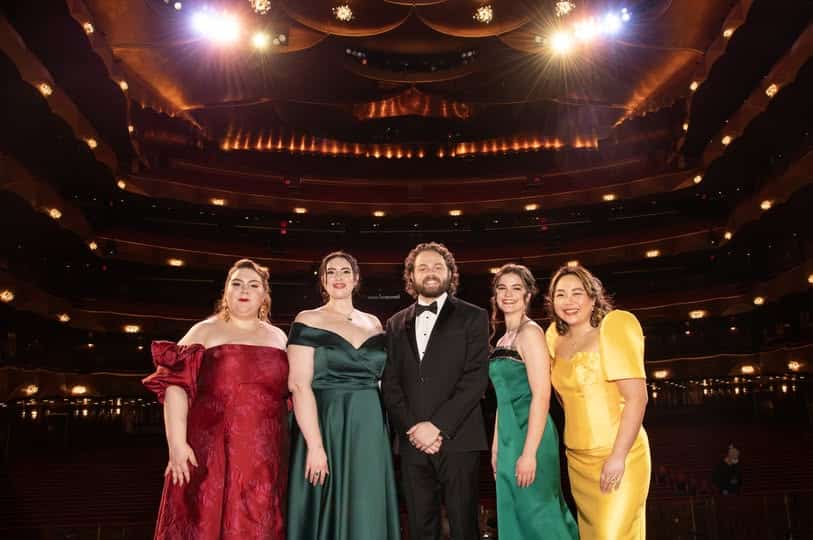
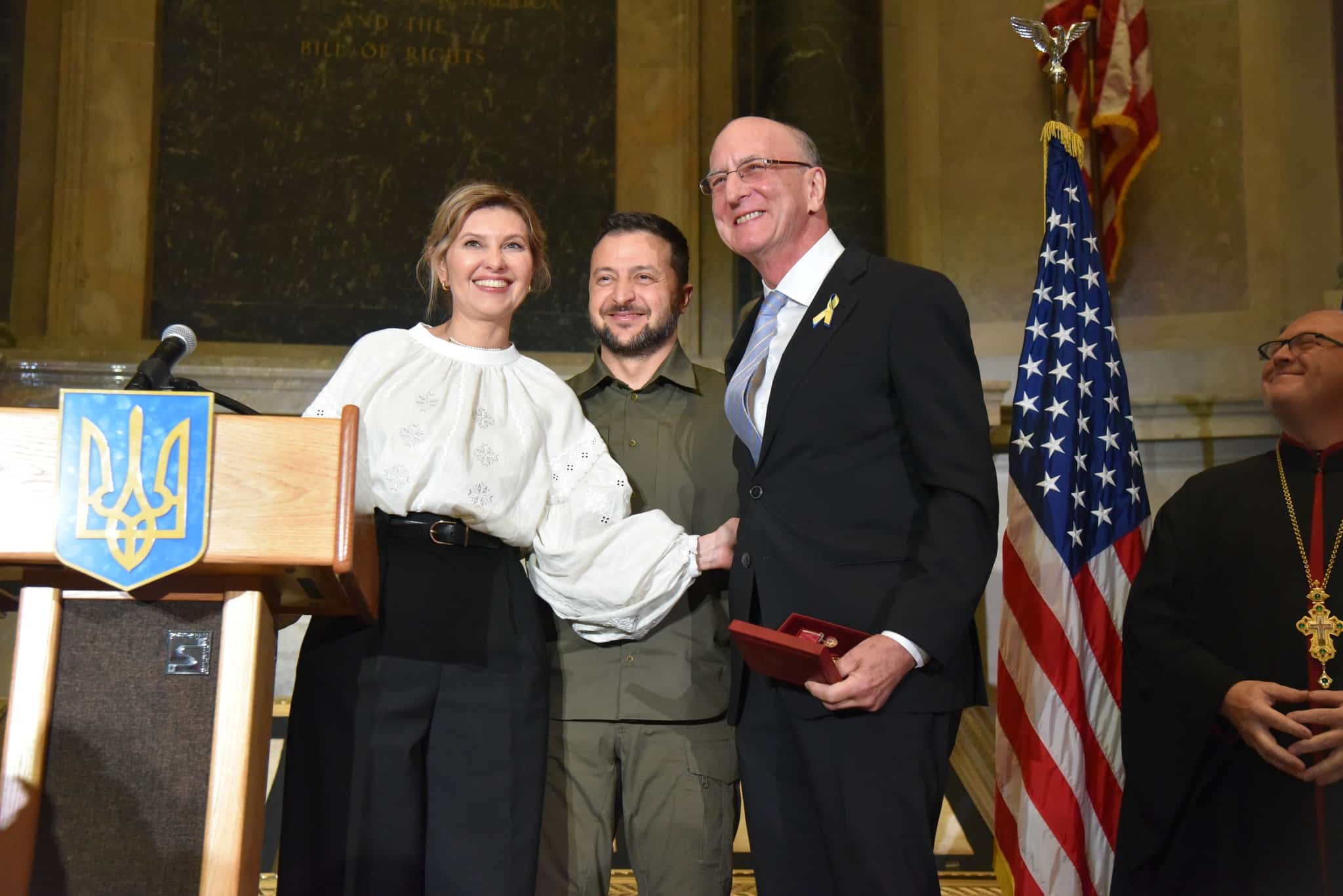
Comments